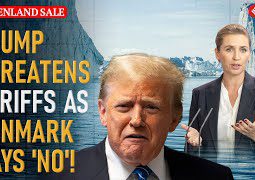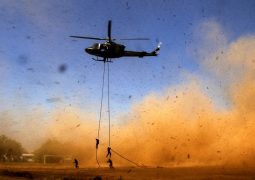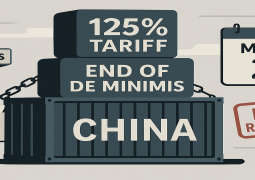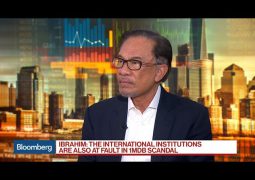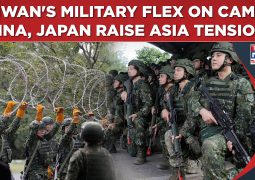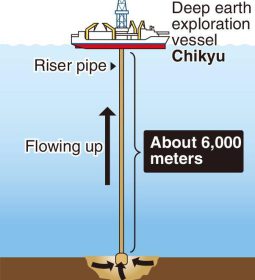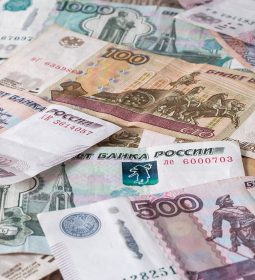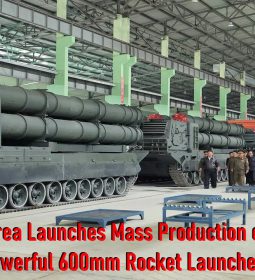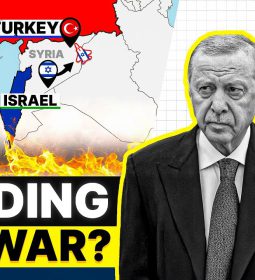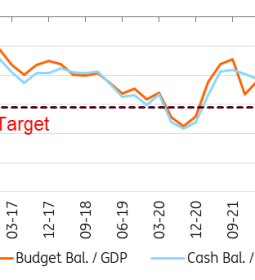Russia warns US over sending 1,000 new troops to the Gulf
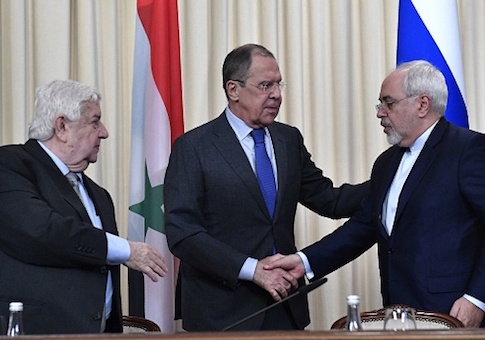
Deployment of 1,000 troops to Middle East shows US on ‘a conscious course to provoke war’ with Iran, Moscow says.
![Russia, China warn US over sending 1,000 new troops to the Gulf The aircraft carrier USS Abraham Lincoln left in May on its deployment to the Gulf [Jeff Sherman/US Navy via AP]](https://www.aljazeera.com/mritems/imagecache/mbdxxlarge/mritems/Images/2019/5/25/fda391ed6b72469fa62557f3b91c4383_18.jpg)
The United States is “pumping up tensions” and could open a “Pandora’s box” in the Middle East after announcing it will deploy 1,000 more troops to the already volatile region, Russia and China said on Tuesday.
Fears of a confrontation between Iran and the US have mounted since Thursday following explosions on two tankers near the Strait of Hormuz, a vital shipping lane for the world’s oil supplies. Washington and Tehran traded accusations over the mysterious incidents.
China and Russia both expressed concern in strong statements over the developing situation in the Middle East.
“We call on all parties to remain rational and restrained, not to take any actions to provoke the escalation of tension in the region, and not to open a Pandora’s box,” Foreign Minister Wang Yi told reporters in Beijing.
“In particular, the United States should change its practice of extreme pressure,” he said.
Wang also urged Iran to “make prudent decisions” and not “so easily abandon” the 2015 deal.
China and Iran have close energy ties and Beijing has been angered by US threats against countries and companies that violate US sanctions by importing Iranian oil.
‘Unthinking and reckless’
Russia’s Deputy Foreign Minister Sergey Ryabkov told Washington it should drop the plan to boost its troops in the Middle East or risk war with Iran.
Ryabkov told reporters Moscow had repeatedly warned the US and its regional allies about what he called the “unthinking and reckless pumping up of tensions in an explosive region”.
“Now what we see are unending and sustained US attempts to crank up political, psychological, economic and, yes, military pressure on Iran in quite a provocative way. They [the actions] cannot be assessed as anything but a conscious course to provoke war,” Ryabkov was quoted as saying.
President Hassan Rouhani, meanwhile, said “Iran will not wage war against any nation,” in a speech broadcast live on state TV.
The world “praises” Iran over its faceoff with the US, he said, adding: “Despite all of the Americans’ efforts in the region and their desire to cut off our ties with all of the world and their desire to keep Iran secluded, they have been unsuccessful.”
Iran and the US are locked in a tense standoff after US President Donald Trump withdrew last year from an international accord that curbed Tehran’s nuclear programme.
His administration has since reinstated economic sanctions on Iran and deployed troops and warships to the Middle East, citing unspecified threats.
Thursday’s explosions in the Gulf of Oman were the second such incident in a month after four oil-carrying vessels were damaged also near the Strait of Hormuz. US security adviser John Bolton blamed Iran for those blasts.
Tehran has denied all allegations, branding them “ridiculous” and “dangerous”.
1,000 more troops
On Monday, acting US defence chief Patrick Shanahan announced the deployment of about 1,000 more troops to the Gulf for what he said were “defensive purposes to address air, naval, and ground-based threats in the Middle East”.
“The United States does not seek conflict with Iran,” he said, adding the new troop deployment was aimed “to ensure the safety and welfare of our military personnel”.
The move is in addition to an increase last month that brought US military personnel in the region up to 1,500.
David Desroches, former director of NATO operations at the Pentagon, called the deployment a “small measure”. He told Al Jazeera: “It’s designed to send a message, but this is nowhere near what you’d need for an invasion or a war.”
Meanwhile, Iran has set a 10-day deadline for world powers to fulfill their commitments under the nuclear deal that Washington abandoned.
The 2015 accord caps Iran’s stock of low-enriched uranium at 300kg enriched to 3.67 percent, well below the weapons-grade level of about 90 percent. Behrouz Kamalvandi, spokesman for Iran’s Atomic Energy Organization, said on Monday that Iran was set to surpass the 300kg limit in 10 days.
“The move will be reversed once other parties fulfill their commitments,” he said.
Tehran wants the pact’s remaining signatories – United Kingdom, Germany, France, Russia and China – to help circumvent US sanctions and enable Tehran to sell its oil.
- Previous Firepower the U.S. Has Moved into the Gulf Region Amid Iran Threats
- Next Why US pressures Iraq to become energy independent?



